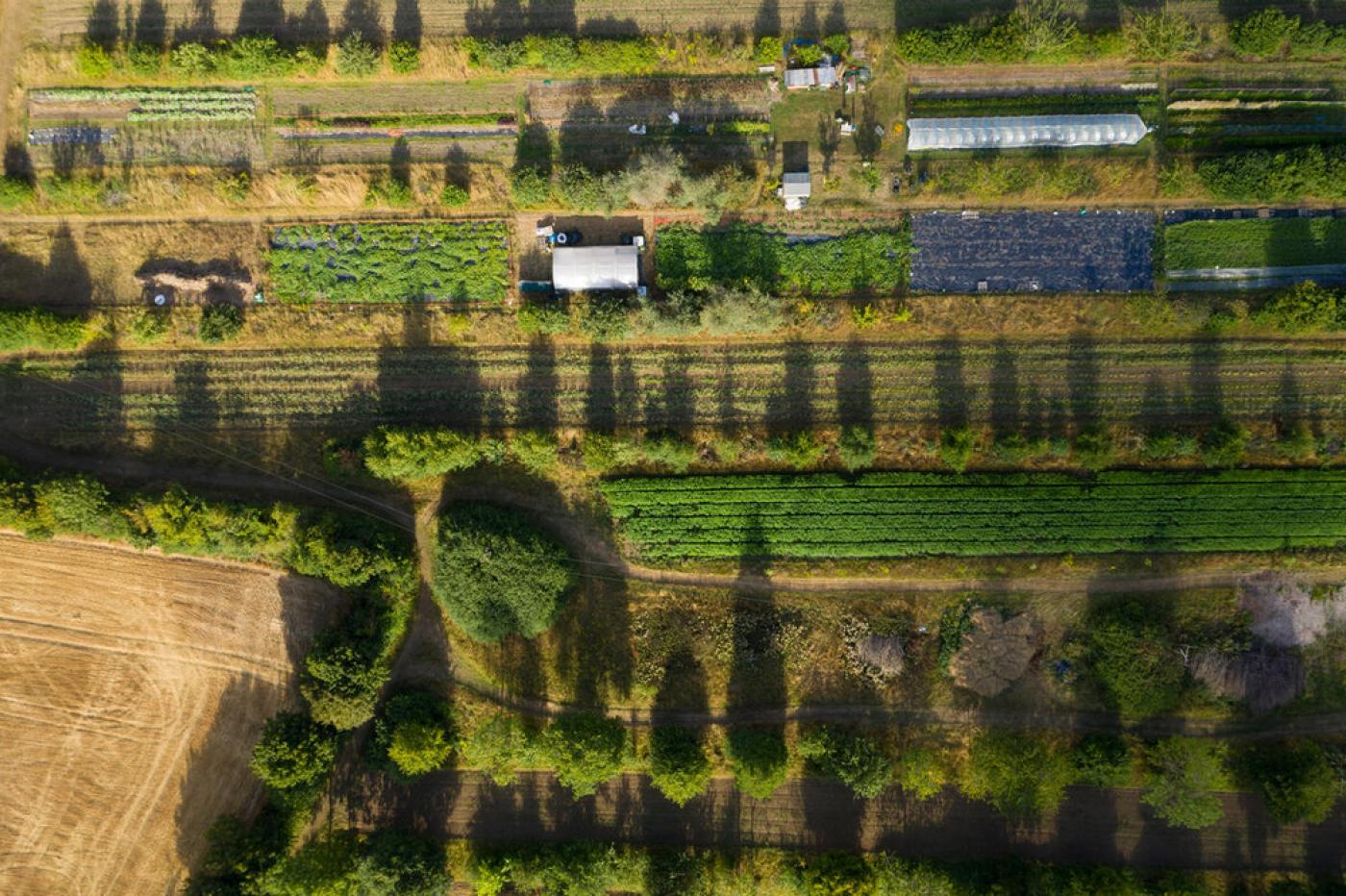Evolution of the polycrisis: Anthropocene traps that challenge global sustainability
The Anthropocene is characterized by accelerating change and global challenges of increasing complexity. Inspired by what some have called a polycrisis, we explore whether the human trajectory of increasing complexity and influence on the Earth system could become a form of trap for humanity. Based on an adaptation of the evolutionary traps concept to a global human context, we present results from a participatory mapping. We identify 14 traps and categorize them as either global, technology or structural traps. An assessment reveals that 12 traps (86%) could be in an advanced phase of trapping with high risk of hard-to-reverse lock-ins and growing risks of negative impacts on human well-being. Ten traps (71%) currently see growing trends in their indicators. Revealing the systemic nature of the polycrisis, we assess that Anthropocene traps often interact reinforcingly (45% of pairwise interactions), and rarely in a dampening fashion (3%). We end by discussing capacities that will be important for navigating these systemic challenges in pursuit of global sustainability. Doing so, we introduce evolvability as a unifying concept for such research between the sustainability and evolutionary sciences. This article is part of the theme issue ‘Evolution and sustainability: gathering the strands for an Anthropocene synthesis’.


